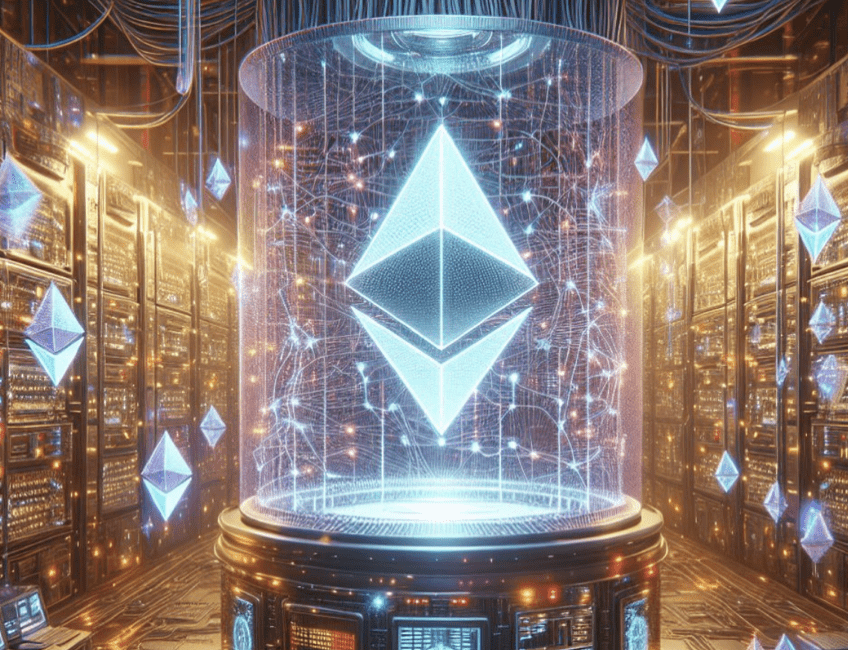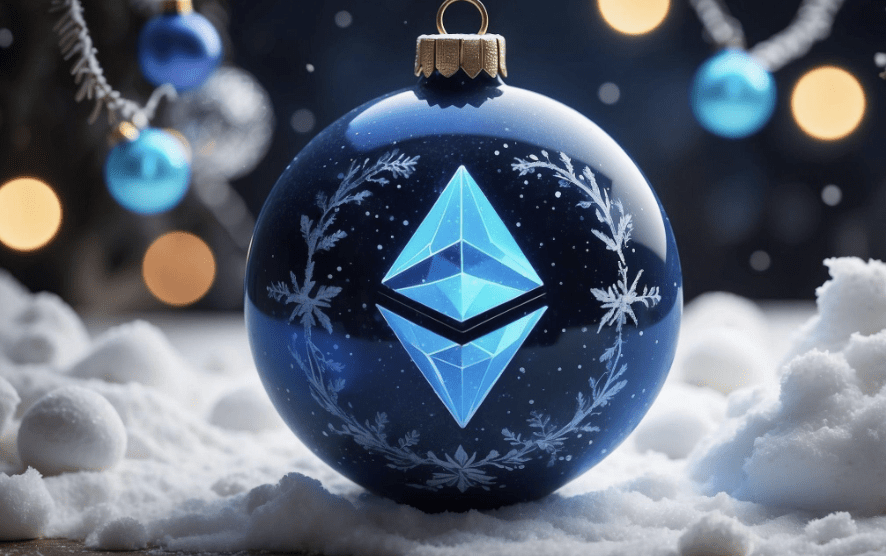The value of the cryptocurrency market has increased to well over $300B, and has opened the doors to an entirely new class of wealthy individuals looking to invest in luxury art and rare collectibles. The traditional markets of these valuables have faced issues of fraud and counterfeiting, with few upstanding instruments in place to validate authenticity and ownership. The luxury art and collectible market is currently valued at $1 trillion, meaning, there is a lot of money at stake, and little room for corruption. This is why these markets are slowly following suit and dipping their toes into incorporating blockchain technology to provide a mutually beneficial environment for artists and buyers alike, through: Transparency There is a significant lack in transparency present in traditional auction houses. It is difficult to become a bidder in the first place, usually based on social class or level of income. Once someone actually becomes an active bidder, following KYC and AML standards, their payment is still not guaranteed, making it harder to determine whether or not that person can actually afford the item for which they are bidding. The general public and potential bidders are also unaware of the “fine print” such as extra fees affecting what the product will actually sell for in the end. According to The Art Newspaper, the online art market is in danger of stagnating unless transparency concerns are resolved. Online art sales reached an estimated $4.2B in 2017, up 12% on the year, which is lower than the 15% increase in 2016, or the 24% increase in 2015. It seems as if both sides are not confident in trusting the other. By integrating smart contracts into the process, all transactions will be verified and secured. There are extensive measures taken to ensure items and participants are legitimate and properly represented, with blockchain facilitating the transactions to foster transparency and trust into ownership and final prices paid for goods. Ease and accessibility Until now, the art market is consumed by a paper trail of documents with immense amounts of detailed information regarding authenticity, prices, and verification. This can become extremely tedious, and difficult to keep track of, and can be easily manipulated over time. Blockchain technology allows for artists and auctioneers to keep a digital trail of information, letting anyone verify the history of an artist or piece of artwork without having to sift through endless amounts of documents, or to take someone at their word. The platform itself is digital and online, providing an easier means of access than traditional brick-and-mortar auction houses. Control Today, most artists are forced to rely on a centralized company to distribute their work, simultaneously losing many of the rights and profits. An analysis done by the University of Notre Dame details the problems with resale in the art market, where an artist sells their work for a low price early on in his or her career, only to see it resold later on by an intermediary for a much higher price. Blockchain technology allows for artists to distribute their work in a decentralized way, and to receive rewards without major entities taking them away. By taking away the intermediaries, artists will begin to feel more empowered and connected to their creations. There will also be increased control in terms of proving authenticity and tracking provenance. Market value is logged onto the chain so anyone can keep track of price movements over time. The decentralization that blockchain technology provides, has proven its ability to extend far beyond operating solely as a means of financial transactions. Rather than regulating currencies, blockchain has the ability to regulate creative markets that suffer greatly from centralized control at the hands of major corporations. Now, artists and creators are able to get credit for their work, while at the same time incentivizing others to purchase it in a trustworthy, confident, and secure way. We are approaching a creative economy where artists and buyers alike will participate in a mutually beneficial ecosystem of creative content. About Portion: Portion was founded in 2016 by Jason Rosenstein following his creation of an early auction house prototype connecting the physical and digital world, and assuring authenticity. The platform is built on the Ethereum Blockchain, and offers a transparent, scalable solution for luxury goods and rare collectibles. All transactions are facilitated by cryptocurrency.
Investment Disclaimer







